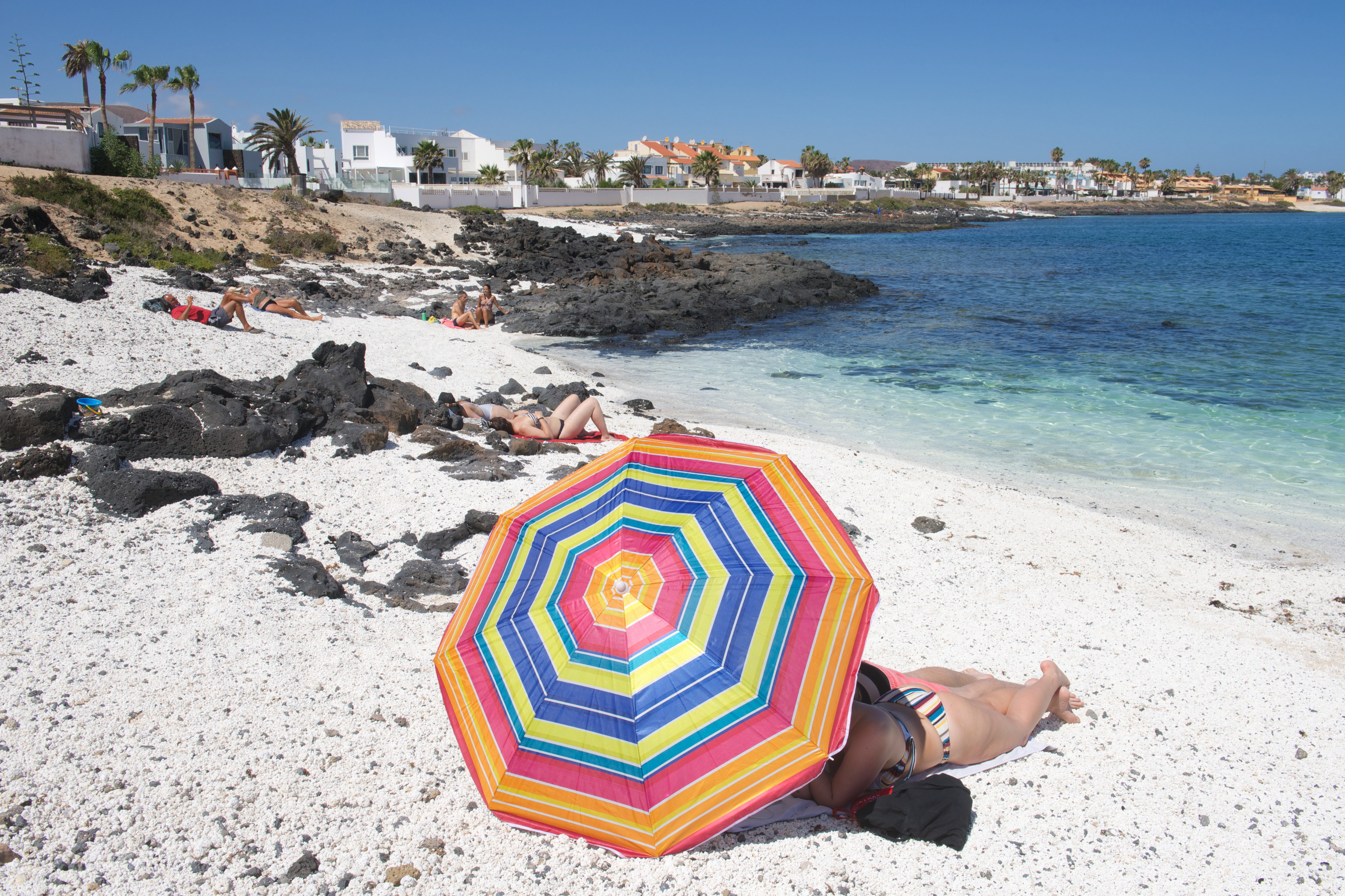EU sets out plans to reopen to foreign vaccinated tourists
European Commission president Ursula von der Leyen said it’s ‘time to revive the EU’s tourism industry’

Tourists will be able to holiday in EU countries from next month as long as they are vaccinated or from a nation with low rates of coronavirus such as the UK, under European Commission proposals.
The plan would relax the rules on non-essential travel from the start of June at the latest, paving the way for summer holidays on the continent.
Under the proposals from the EU’s executive branch, foreign citizens will be allowed into EU nations as long as they have been fully vaccinated against Covid-19 or are from countries deemed to have a “good epidemiological situation”. The amended requirement for entry – arriving from a country with fewer than 100 cases per 100,000 people – would put Britain on the safe list.
However, Boris Johnson warned on Monday against Britain opening up too quickly, saying there would be “an influx of disease” if too many travel restrictions were lifted.
The prime minister said he does want “some opening up” later this month – but said the government would be “cautious” about the number of countries on the quarantine-free “green list”.
That list will probably be unveiled at the end of this week after the latest scientific advice on the levels of Covid-19 infection. The ban on overseas travel is due to be lifted on 17 May.
But Mr Johnson, on the campaign trail in Hartlepool, said: “We do want to do some opening up on 17 May. But I don’t think that the people of this country want to see an influx of disease from anywhere else – I certainly don’t.
“We’ve got to be cautious and we’ve got to be sensible and we’ve got to make sure that we don’t see the virus coming back in.”
The Independent has been told that only a “quite small number of countries” will be on the green list – with the rest of Europe suffering more Covid cases, having vaccinated far fewer people.
Gibraltar, Israel, Iceland and Malta are expected to be on the list – and, possibly, the United States – but most of the major Mediterranean destinations will be missing.
Only people coming in from green list countries escape self-isolation, although they will still be required to take pre-departure and post-arrival tests at a cost of up to £100.
Ministers fear that holidaymakers will bring back new variants of coronavirus, some of which have the potential to evade the immunity from infection provided by vaccines.
For that reason, a cross-party group of MPs and peers has called for the travel ban to stay in place through the summer, to prevent “a deadly third wave and further lockdowns”.
Restrictions should continue with a review every three months and this would effectively rule out holidays until late August at the earliest, the All-Party Parliamentary Group on Coronavirus said.
The EU’s plans are due to be discussed from Tuesday and require the approval of the EU’s member states before they can become law.
European Commission president Ursula von der Leyen shared the proposals on Twitter, writing: “Time to revive the EU’s tourism industry and for cross-border friendships to rekindle – safely.”
The citizens of just seven countries, including Australia and Singapore, are currently allowed into the EU for non-essential reasons without vaccination. They are, however, subject to tests or quarantine.
The plans state: “The commission is proposing to amend the criteria to take into account the mounting evidence of the positive impact of vaccination campaigns. The proposal is to increase the threshold of 14-day cumulative Covid-19 case notification rate from 25 to 100. This remains considerably below the current EU average, which is over 420.”
The UK’s 14-day rate is currently at 49.3 cases per 100,000, according to World Health Organisation figures – far below France’s 551.2, while Spain is at 190.1 and Italy is at 285.6. The list of countries from which non-essential travel is permitted would be reviewed at least every two weeks.
People who have been fully vaccinated with vaccines authorised by the EU would need to have had their final jab at least two weeks before travelling to the bloc. Children ineligible for vaccination would be allowed to accompany their parents, as long as they test negative for the virus.
Foreign citizens would be able to prove their vaccination status with certificates provided by their own governments before the EU’s “vaccination passport”, the Digital Green Certificate, comes into effect.
To limit the spread of variants, the commission also suggested an “emergency brake” mechanism that would allow the EU to quickly introduce temporary travel restrictions on countries with rapidly rising Covid-19 cases.
Subscribe to Independent Premium to bookmark this article
Want to bookmark your favourite articles and stories to read or reference later? Start your Independent Premium subscription today.

Join our commenting forum
Join thought-provoking conversations, follow other Independent readers and see their replies